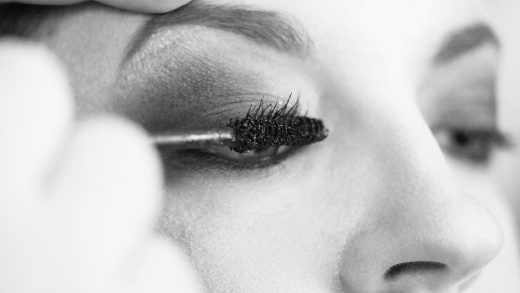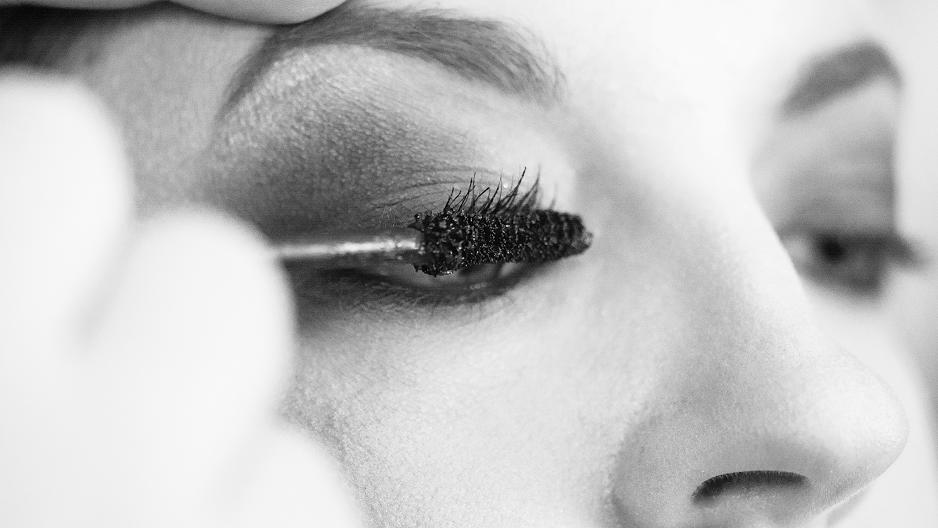11 Beauty Startups To Watch In 2017
The last few years have seen an upswing in financing for beauty startups, with funding rounds steadily increasing since 2012. By last September, various new beauty companies had already snagged more than 74 rounds of funding in 2016, according to CB Insights, which predicted the industry was on track to clock $424 million in financing during 2016 and a record number of funding deals.
As investors have helped fuel its growth, the beauty sector has become more personal and accessible. On one hand, there’s the pared-down aesthetic of companies like Glossier, which offers a basic lineup of beauty and skincare necessities, or Milk, which takes a no-fuss, one-swipe approach to its pigmented eye and lip products. Then there are the companies democratizing beauty and catering to consumers who wish to customize, say, their foundation or shampoo, rather than relying on products stocked by mainstream brands. Here are some of the beauty startups we’ll be keeping an eye on this year:
1. Glossier
Helmed by Into the Gloss founder Emily Weiss, Glossier made its debut in 2014 as an extension of the blog that also inspired its name. Glossier has since amassed a legion of loyal followers—in no small part due to the popularity of Into the Gloss—and most recently, picked up $24 million in Series B funding. The company plans to use that money to introduce international shipping and release new products Glossier fans have been clamoring for, like sunscreen and a heavy-duty moisturizer.
2. Milk Makeup
A more recent entry into the cool girl’s orbit, Milk Makeup is Glossier’s more colorful cousin. Launched in February 2016 by the minds behind the creative agency Milk Studios, the line has a similar minimalist approach to its branding and collection. As with Glossier, Milk products don’t require application brushes, though they are splashier and far more varied, especially in terms of eye and lip products.
3. Memebox
With $160 million in total funding, Korean beauty box company Memebox has topped even Ipsy, which led the well-heeled beauty box space until Memebox closed a $60 million funding round in December. The Y Combinator-backed startup exclusively features Korean beauty products and has, in part, capitalized on the rising popularity of K-beauty abroad (though Korea still leads Memebox sales). Memebox may have started out as a beauty box service, but the company has expanded to boast a thriving online store and brick-and-mortar presence, with annual sales of more than $100 million.
4. Seed Beauty
Chances are, you’ve heard of at least one of the two brands incubated by the Los Angeles-based company Seed Beauty: cult beauty brand Colourpop and Kylie Cosmetics, the eponymous line started by the youngest member of the Kardashian-Jenner clan. Colourpop first appeared on the scene in 2014 and made its mark by courting prominent beauty bloggers and jumping on the liquid lipstick bandwagon. The brand’s rock-bottom prices certainly helped, too—most products range from $5 to $8—as did the rate at which Colourpop managed to churn out new lip and eye products.
Seed Beauty grew out of a family-owned manufacturing lab that created products for major brands, which explains why Colourpop can conceive of and launch new products in just days. Coupled with the added success of Kylie Cosmetics—whose new product releases continue to sell out within minutes—this is one to watch, especially since Seed Beauty claims to be working on new brands.
5. MatchCo
Though a number of brands have expanded their shade ranges in recent years, few have offered full customization as an option. Enter MatchCo, a beauty startup whose iPhone app can scan your skin and create a foundation specific to your skin tone for $49. This means MatchCo, which launched in January last year, mixes up a foundation exclusively for you, rather than matching your skin to an existing range of shades. As of last October, MatchCo’s app had been downloaded more than 100,000 times, and the service has found an unexpected user base in women who are in their 40s and older.
6. Function Of Beauty
Function of Beauty is to shampoo and conditioner what MatchCo is to foundation. For $32, customers can personalize 8-ounce concoctions of shampoo and conditioner that target specific issues—split ends, frizz, excess oil, heat damage, and more—based on their individual hair needs. A recent Y Combinator grad, Function of Beauty drew $1.5 million in its seed round last year and increased its revenue 50% month-over-month during just the first six months after launch. Eventually, the company wants to fully automate the process of formulating shampoos and conditioners, from ideation to bottling.
7. StyleSeat
Since getting its start in 2011, StyleSeat—an OpenTable-style booking service for beauty and wellness appointments—has drawn more than 10 million users and 400,000 beauty professionals. Last year, StyleSeat acquired salon and spa booking platform BeautyBooked, which allowed the company to expand beyond just serving independent beauty professionals and gain more traction in cities like New York and Los Angeles.
8. Ever
Stella & Dot’s skincare line uses an ingredient sourced from the magnolia plant that purports to combat aging, brighten skin, and protect against environmental damage. That, plus Stella & Dot’s social-selling prowess gives Ever a leg up in a crowded beauty marketplace: Together, Stella & Dot’s three brands—Ever, Keep Collective, and its eponymous flagship line—clock $300 million in annual revenue, by way of more than 50,000 sellers in six countries. It’s a model that has proven successful by the likes of Beautycounter and has even played a role in the rapid growth of an upstart like Glossier, which doesn’t have sellers per se but does have a robust referral program.
9. Beautycounter
Beautycounter‘s social-selling approach sure has paid off: The natural skincare and cosmetics company is reportedly on track to bring in $225 million in revenue for 2016, despite not devoting money to typical advertising. Beautycounter’s 20,000 sellers function as living and breathing ads and, through individual websites and social gatherings/selling parties, earn the company 35% of its sales. They also double as advocates for safer beauty products and increased transparency and regulation when it comes to ingredients in cosmetics. In June 2016, Beautycounter acquired Nude, the natural beauty line started by Bono’s wife, Ali Hewson; as part of the deal, the duo became investors in Beautycounter.
10. Skin Laundry
The Drybar of facials, Skin Laundry offers 15-minute laser and light treatments, using technology that claims to deep clean skin and help stave off acne and wrinkles. Founded in 2013, Skin Laundry has 15 locations in the U.S., London, and Hong Kong, and is now bringing its own branded line of products to Sephora (as Drybar did a few years back).
11. Madison Reed
The idea behind at-home hair coloring service Madison Reed was to give women a viable option aside from shelling out hundreds of dollars for monthly touch-ups at the salon. For just $25 per box—or $20, if you opt for a subscription—Madison Reed promises salon results without compromising on the ingredients of its products, which are dictated by the European Union’s safety standards. (Its subscription service is largely responsible for Madison Reed banking $15 million in revenue last year, according to Forbes.) In December, Madison Reed opened its first physical salon in Manhattan, where women can get their roots touched up for $45 in 45 minutes flat.
Fast Company , Read Full Story
(116)



